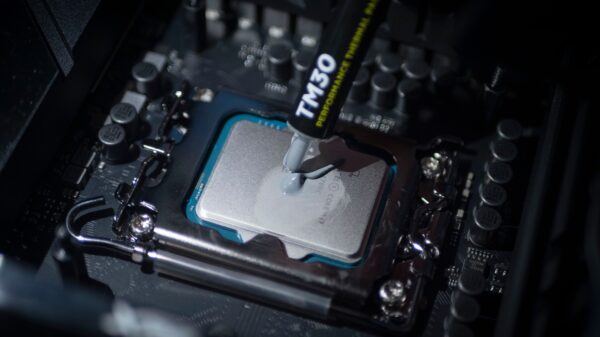A recent ruling from the California Court of Appeal has affirmed the legality of a “flag bonus pay” compensation structure used by automotive service technicians. This system incorporates an hourly productivity incentive and does not violate California’s “no borrowing” rule, according to the court’s decision made public on November 18, 2025. The ruling also delineates important requirements for plaintiffs pursuing claims under California’s Private Attorneys General Act (PAGA).
In the case of Mora v. C.E. Enterprises, Inc., the court sided with a Simi Valley car dealership, determining that its flag bonus pay system complied with the state’s labor regulations. The court differentiated this compensation structure from the previously outlawed “piece rate basis” system, which had faced scrutiny for not adequately compensating technicians for all hours worked. Instead, the dealership’s system guarantees a minimum hourly wage for all clocked hours, while also providing an additional productivity bonus.
The compensation plan, implemented in December 2014, pays service technicians at least double the minimum wage for all hours recorded on a biometric time clock. This marked a shift from the earlier piece-rate system, which had been deemed unlawful in the ruling of Gonzalez v. Downtown LA Motors, LP. The flag bonus pay system allows technicians to earn extra compensation based on “flag” hours, meaning hours spent on specific service tasks.
The ruling emphasized that the “no borrowing rule” mandates employers to pay employees the minimum wage for every hour worked, irrespective of their compensation structure. The court found that unlike the system in Gonzalez, which averaged piece-rate payments, the dealership’s plan fully compensated employees for each hour worked while rewarding efficiency through additional bonuses. It cited a recent Ninth Circuit decision that reaffirmed the legality of hourly-plus-bonus pay structures.
Furthermore, the plaintiffs in the case raised PAGA claims alleging violations of the Labor Code, including issues related to overtime pay and inaccurate wage statements. The court highlighted the necessity of providing a notice letter that thoroughly details the “facts and theories” behind any claims under PAGA. It criticized the plaintiffs for presenting extensive but unanalyzed time and payroll records without concrete examples of violations, which hindered their case.
The Mora decision serves as a significant precedent for California employers aiming to implement effective incentive-based compensation systems that comply with labor laws. Employers are encouraged to ensure that all hours worked are captured accurately on reliable timekeeping systems and compensated appropriately, including any overtime premiums. Additionally, they should structure any flag, piece, or commission components as true extras rather than mechanisms to cover non-productive time.
This ruling not only supports the dealership but also clarifies the expectations and responsibilities for both employers and employees in navigating California’s complex labor laws. As the landscape of compensation continues to evolve, the insights from this case provide essential guidance for maintaining compliance while rewarding productivity.



































































